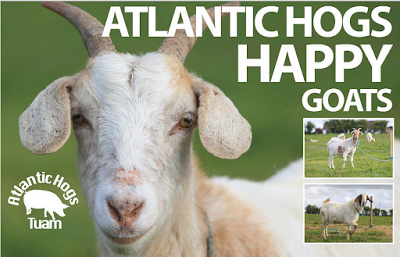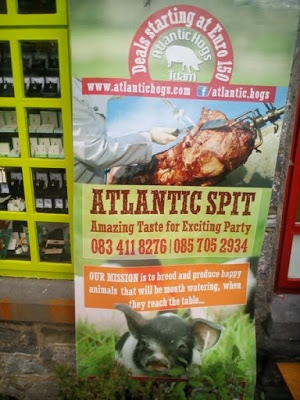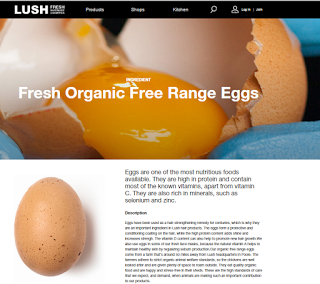
Speciesism is institutional discrimination and, to a lesser extent, individual prejudice against Nonhuman Animals based on their species. Speciesism is violence against Nonhuman Animals that is perpetuated by the privileged human species,1 usually for the benefit of humans. It is conducted based on the belief that nonhuman species are lesser in some way. Speciesism relies on the understanding that there is an “us” and a “them,” that humans are at the top, and other animals are below.2
Post-speciesism is an ideology which suggests that species does not matter and/or that speciesism is either a thing of the past or that it is currently being adequately attended to. Post-speciesism relies on the belief that we are “all one” and that we all have an equal place on earth or in the “circle of life.” Violence against other animals continues on to the benefit of humans, but this is no longer interpreted as a form of oppression or domination. In other words, differences in life opportunity that are based on species identification are erased from the narrative.
This erasure is essential to upholding oppression in a society where social justice ideology has been gaining momentum. For instance, Ireland’s commitment to a “green” economy commodifies humanity’s concern with speciesism, rebrands speciesist institutions, and sells essentially the same products for a much higher price because humans are paying for the symbolic value that has been attributed by post-speciesism. “Humane” labeling is the Nike swoosh that differentiates one t-shirt or tennis shoe from the next and justifies the higher price. These labels denote quality and rely on consumer trust to extort the higher price. Post-speciesist ideology facilitates this trust.

Post-speciesism obscures systems of oppression and relationships of domination. It makes human supremacy invisible. It allows a smiling piglet like the one above to be juxtaposed with a burned and bloodied dismembered corpse dripping body fluids and then interpreted as “mouth watering” for an “exciting party.” Species doesn’t matter here: we’re all happy. This isn’t like the old days of speciesism where violence was out, open, and celebrated. In the post-speciesist world, hurting other animals is a thing of the past because these are “happy animals” and the party is exciting.3
This post-speciesist rebranding helps speciesist industries to stand out in a heavily competitive marketplace. As with all capitalist endeavors, ideologies are necessary to obscure exploitation, to make consumption pleasurable, and to encourage the fetishization of the product.
This fetishization process is especially poignant in LUSH Cosmetic’s consumer base. While the company relies heavily on the exploitation of Nonhuman Animals in its mostly non-vegan product line, it appeals to post-speciesist ideology to stand out among the thousands of bath & body chains and create a strong customer loyalty. For instance, LUSH enjoys a faithful following from the majority of the vegan community and even funds some advocacy projects, despite its continued commitment to violence against animals. Post-speciesism thus becomes a diversion.
Consider Lush’s ingredient description for eggs:
Our organic free range eggs come from a farm that’s around 50 miles away from Lush headquarters in Poole. The farmers adhere to strict organic animal welfare standards, so the chickens are well looked after and are given plenty of space to roam outside. They eat quality organic food and are happy and stress-free in their sheds. These are the high standards of care that we expect, and demand, when animals are making such an important contribution to our products.
Notice that the inherent violence of domestication is obscured from the narrative, as is the fate of male chicks who will be killed as part of the process of egg production. The hens are also framed as consenting workers who “make contributions” to the corporation. Everyone is happy and has their place. No one is being hurt. Differences based on species identification are not relevant.
But we know that they are.
As with post-racism and post-feminism, post-speciesism is an ideology that obscures differences in experience based on identity and the very real and very violent consequences of those differences. In doing so, systems of oppression are also obscured to the benefit of society’s most privileged. Post-speciesism, as with many ideologies, is also integral to the smooth operation of the capitalist system, the system from which all oppression originates.
Notes
1. Violence here is used interchangeably with oppression. Practically all human uses of other animals involve violence. Importantly, domestication itself is an act of violence. This violence can also be indirect, such as human-created pollution and ecological destruction that threaten free-living species.
2. Just as women can engage sexism against other women, Nonhuman Animals can engage speciesism against other Nonhuman Animals. Importantly, this discrimination must take place within the context of a human institution for the ultimate benefit of anthroparchy. For instance, horses and dogs are often used by humans to hurt or kill other animals and women are sometimes used by men to traffic prostituted girls and women or to produce or cast pornography. Otherwise, violence engaged by Nonhuman Animals exists as a strategy of survival. Nonhuman Animals that are biologically carnivorous would not be said to engage speciesism, as this is relegated to survival. The actions of lions, wolves, dolphins, etc. do not occur within institutions of speciesism as that of humans do. Nonhuman Animals that harm humans are not engaging speciesism for this same reason.
3. Atlantic Hogs further facilitates this non-violent idyll by informing customers that veterinarians are present in the abattoir. Of course, veterinarians are associated with healing, nurturing, and life, which obscures the reality of suffering and violence that is taking place for human benefit.
This essay was originally published on July 29th, 2015 on The Academic Activist Vegan.

Readers can learn more about post-speciesism in my 2016 publication, A Rational Approach to Animal Rights. Receive research updates straight to your inbox by subscribing to my newsletter.
